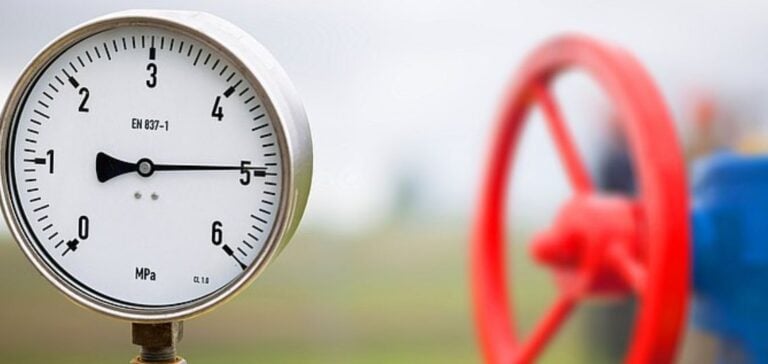On Wednesday, the price of natural gas in Europe reached its highest level since mid-June. Growing demand for Asian LNG contributed to this increase, while maintenance periods and a possible strike could affect supply.
Significant rise in European gas prices due to Asian demand.
At 2:30 pm (4:30 pm in Paris), the Dutch TTF futures contract was up by almost 27%, reaching 39.24 euros/MWh. As a European benchmark, it had previously reached 43.545 euros/MWh, the highest level in two months.
“Asia is bidding for LNG”, summarized DNB analyst Helge André Martinsen, interviewed by AFP, referring to low LNG stocks in Japan and South Korea.
Risk of gas supply disruption due to potential strike in Australia.
Similarly, the financial press is reporting a potential strike by LNG plant workers in Australia. Virtually all production employees at Australian energy giant Woodside’s North Rankin, Goodwyn and Angel LNG platforms could go on strike as early as next week, reports Australian business daily The Australian Financial Review. They could even be joined by Chevron employees from the Wheatstone and Gorgon facilities.
This potential strike is likely to “further whet Asia’s appetite for alternative LNG cargoes”, as Asian buyers shift to the European market and “compete with Europe”.
Outlook for higher gas prices in Europe due to reduced supply and weather conditions.
For analysts at Energi Danmark, this is a “clear bullish signal”, as Europe “could lose its share of liquefied natural gas unless (European market) prices also rise”.
“Reduced supply from Norway and a slightly warmer weather forecast add to the upside,” they add.
With the war in Ukraine, Norway has become the main supplier of natural gas to the European continent. According to Martinsen, from August 26 onwards, major maintenance work on Norwegian gas facilities is expected to reduce Norwegian pipeline exports by more than 40%.






















